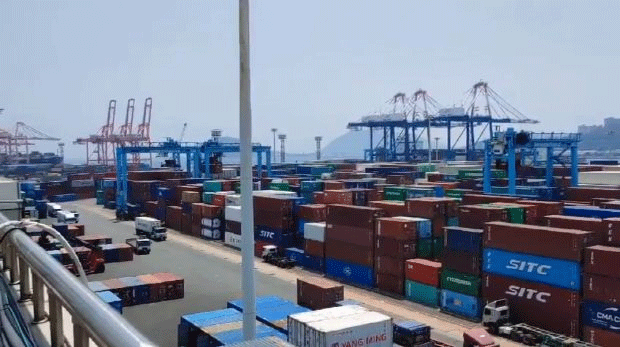As harvest season hits its peak, Canada’s agricultural industry is facing a major disruption. Grain terminals at the Port of Vancouver, one of the country’s key export hubs, have been severely impacted by a port workers’ strike. This strike, initiated by the Grain Workers Union Local 333 after failed negotiations with the Vancouver Terminal Elevators’ Association, has brought grain exports to a standstill, creating ripple effects across Canada’s agricultural sector. The strike affects major crops such as canola, wheat, and barley, which are crucial both for domestic supply and global markets.
Disruption of Grain Exports
Canada is one of the world’s largest grain exporters, and the strike has put a significant dent in the country’s ability to fulfill its export commitments. According to the Canadian Grain Growers Association, the strike has halted the movement of approximately 100,000 tons of grain per day, causing an estimated daily financial loss of 35 million Canadian dollars (about $25.5 million USD). This figure includes losses from both delayed shipments and spoilage risks, as harvested crops remain in storage, unable to move to export markets. The financial strain extends to farmers who rely on timely exports to keep cash flow steady and manage debts.
Wider Economic and Reputational Impacts
Beyond immediate financial losses, the strike also poses long-term reputational risks for Canada’s agricultural exports. As Chris Davison, a representative from the Canadian Canola Growers Association, pointed out, this disruption could erode trust among international buyers. Canada is a key supplier of canola to markets such as China, Japan, and Mexico, and repeated delays could lead these countries to seek alternative suppliers, impacting Canada’s position in global markets. Additionally, delayed exports could hurt processing industries that depend on the timely arrival of grains.
Government Involvement and Potential Solutions
The Canadian government has stepped in, with Labor Minister Steve MacKinnon announcing that both sides have agreed to resume negotiations with federal mediation. However, resolving the strike quickly is crucial as the harvest season is a narrow window of time, and further delays could deepen the crisis for farmers and the agricultural sector as a whole. While the involvement of the federal government is promising, each day of delay adds mounting pressure on the agricultural supply chain.
The ongoing strike at Canada’s grain terminals has triggered significant concerns within the agricultural sector. From halted exports and financial losses to reputational damage on the global market, the strike’s impact is far-reaching. As negotiations continue, farmers, exporters, and the broader agricultural community will be closely monitoring the situation, hoping for a swift resolution to avoid further disruptions during this critical harvest period.
Error




